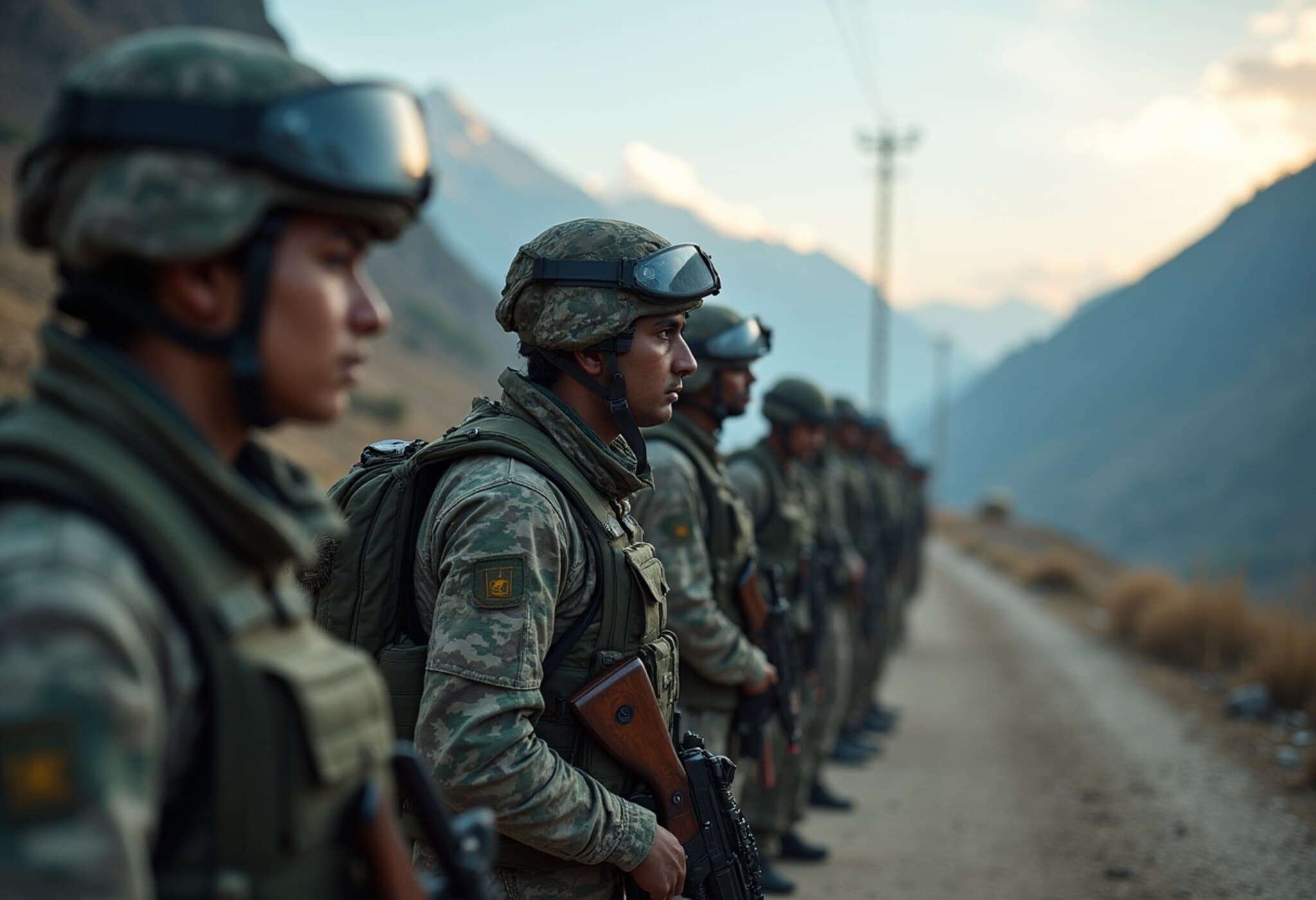FATF Issues Rare Condemnation of Pahalgam Terror Attack
In a groundbreaking move, the Financial Action Task Force (FATF) has publicly condemned the brutal terrorist strike that shook Jammu and Kashmir’s Pahalgam on April 22, 2025. This marks the first time the global watchdog has acknowledged this incident, signaling a significant shift in its stance amid growing concerns over terror financing in the region.
India Seeks to Renew Pressure on Pakistan
India views the FATF’s statement as a crucial development, potentially reigniting efforts to place Pakistan back on the FATF grey list—an international blacklist highlighting countries with inadequate measures against terror funding.
The FATF's public declaration reads: “The FATF notes with grave concern and condemns the brutal terrorist attack in Pahalgam on 22 April 2025. This, and other recent attacks, could not occur without money and the means to move funds between terrorist supporters.”
Senior Indian officials have ramped up diplomatic engagement, sharing sensitive intelligence with members of the FATF Global Network—which covers over 200 jurisdictions—to build consensus regarding Pakistan’s alleged continued support for terror activities.
Allegations of Ongoing Terror Financing Networks
Pakistan was removed from the FATF grey list in 2022 after years of compliance measures. However, Indian intelligence and diplomats assert that Pakistan’s terror funding mechanisms are still intact, operating beneath the surface with temporary legal façades. The recent Pahalgam attack and other violent incidents in Jammu and Kashmir are cited as evidence of active terror financing networks.
The FATF echoes this concern, emphasizing a heightened focus on the effectiveness of countries’ anti-terror financing measures, beyond just legal frameworks: “Through our mutual evaluations, we have identified gaps that need to be addressed.”
India Presents New Evidence to FATF
In response, India has compiled a detailed dossier exposing fund flows, sophisticated money laundering techniques, and the misuse of virtual currencies by terror proxies. This dossier is slated for presentation at upcoming FATF meetings and other international platforms.
The FATF also underscored the evolving nature of terrorist funding, stressing the urgency of unified action: “Terrorists need to succeed only once to achieve their goal, while we have to succeed every time to prevent it.”
The Pahalgam Attack and Its Aftermath
The terror strike in Pahalgam resulted in the deaths of 26 people, mostly tourists, shaking the region profoundly. India responded with precision strikes under ‘Operation Sindoor’ on May 7, targeting terror infrastructure in Pakistan and Pakistan-occupied Kashmir (PoK).
Pakistan retaliated with attacks on Indian military bases between May 8 and 10, prompting a series of counter-attacks by Indian forces. After several days of intense cross-border drone and missile exchanges, both nations agreed on May 10 to de-escalate the conflict.
Global Accountability and the Road Ahead
For India, the Pahalgam attack transcends borders; it has become a rallying cry for global accountability against terror financing. The recent FATF statement not only validates India’s claims but also places the spotlight on the watchdog to follow through with decisive action.
















